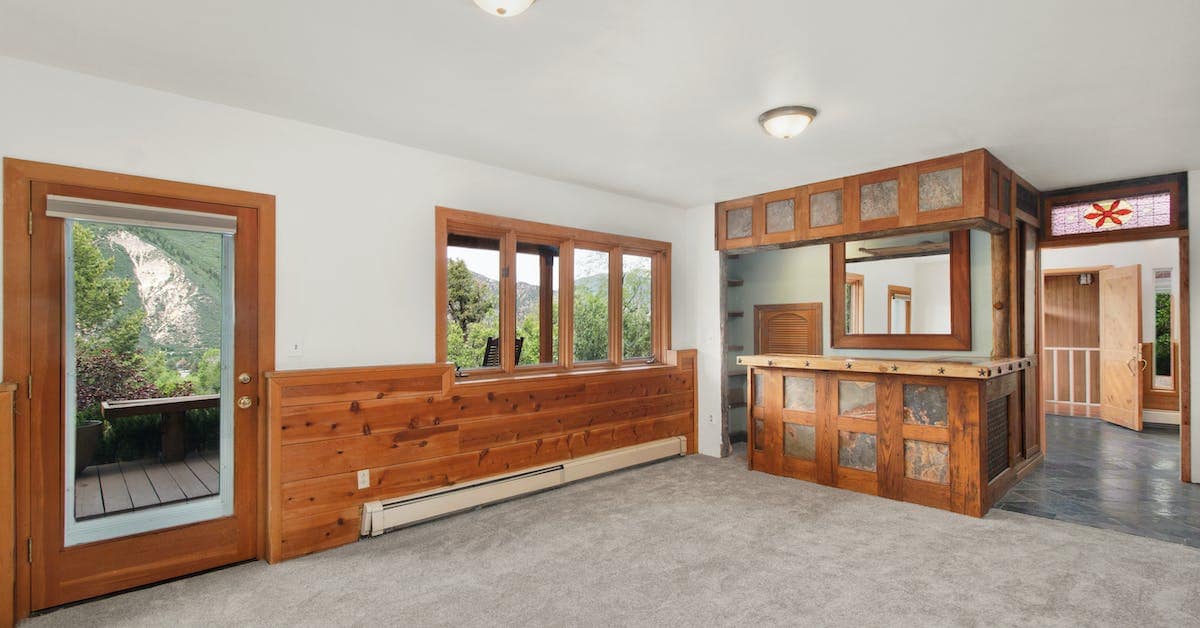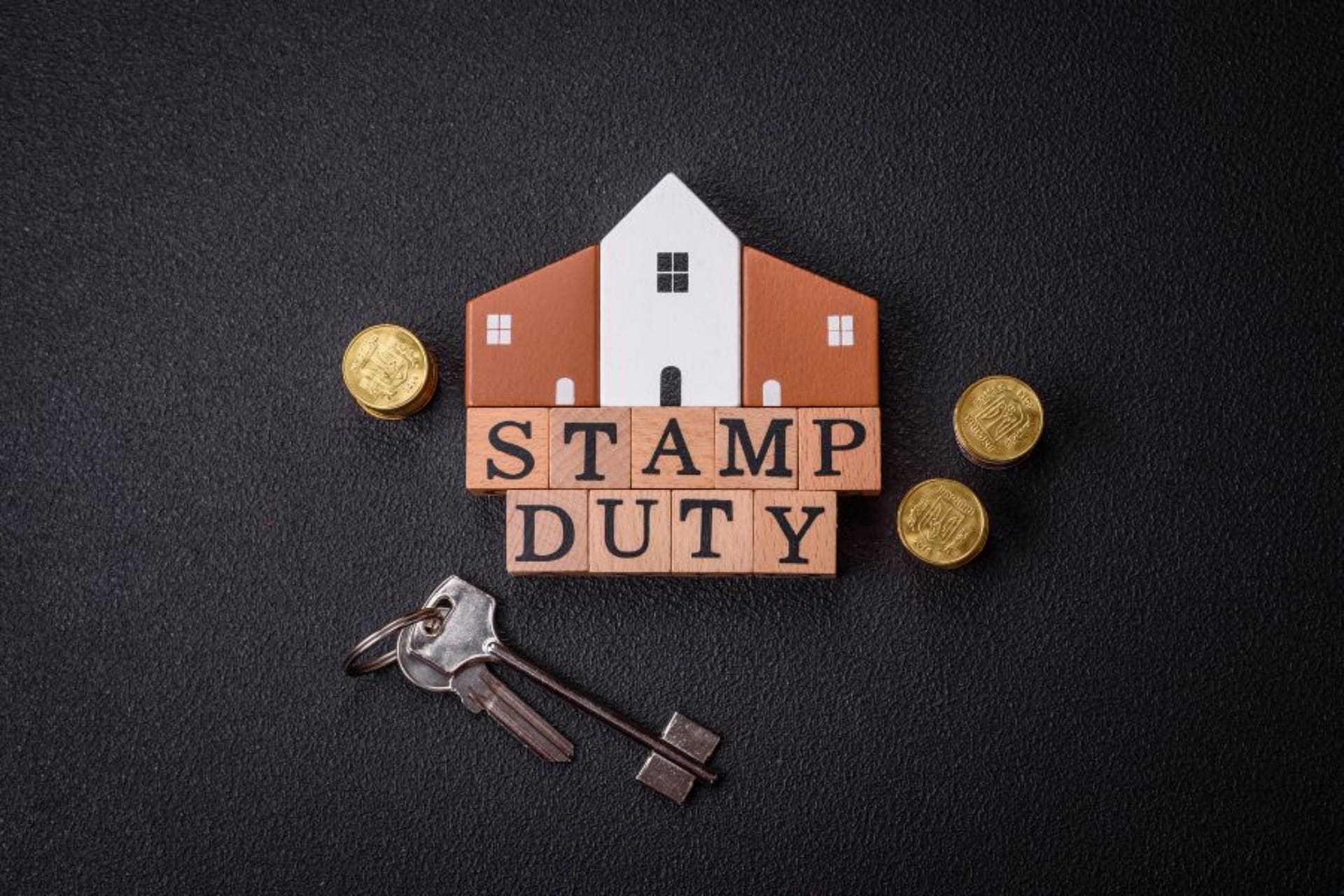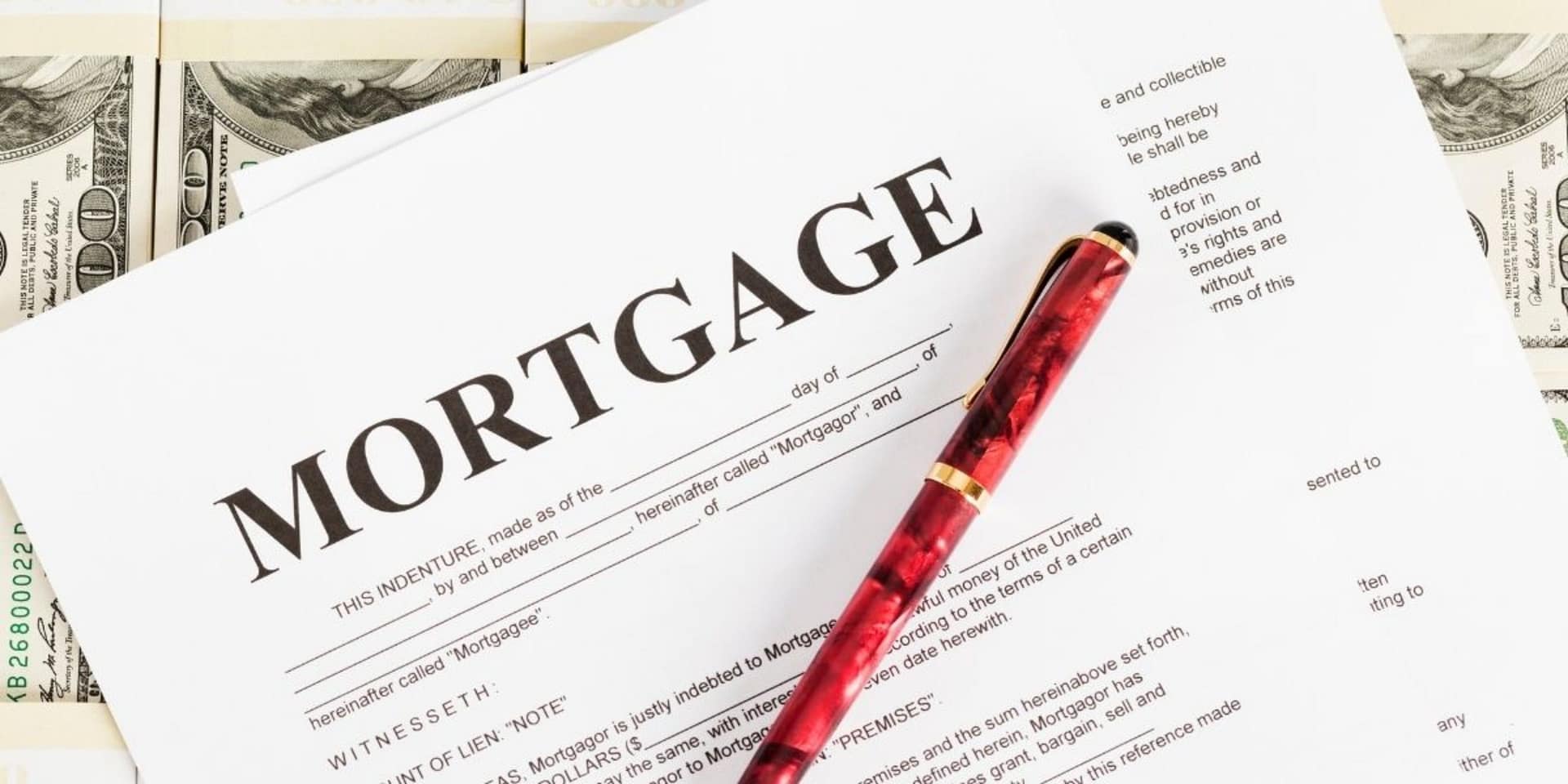What happens when you buy a tenanted property? Investing in a tenanted property can seem like a quick path to steady rental income, but the reality is often more nuanced. While the immediate revenue stream is enticing, purchasing a property with existing occupants presents a unique set of challenges and considerations.
From upholding existing lease agreements to navigating tenant dynamics, it’s vital to approach this investment with a clear understanding of the responsibilities and potential roadblocks involved. Before leaping, let’s embark on a deep dive into the critical information every aspiring landlord needs to know when considering a property with tenants.
Table of Contents
ToggleWhat are the benefits and drawbacks of buying a tenanted property in Australia?
Buying a tenanted property in Australia has its own set of benefits and drawbacks. Here are some of them:
Benefits
- Immediate Rental Income: The most significant advantage is the immediate stream of rental income. This can be particularly appealing if the property comes with a reliable tenant with a good rental history.
- Existing Lease Agreements: Existing lease agreements mean you won’t have to go through the process of finding a tenant immediately, saving time and potential vacancy costs.
- Proven Rental History: A property with a tenant can provide a clear history of rental yields, which helps in assessing the investment’s profitability.
- Less Initial Stress and Effort: You avoid the initial stress and effort of marketing the property and finding a new tenant.
- Market Insight: The existing rental situation can offer insights into the local rental market, including demand and realistic rental prices.
Drawbacks
- Inherited Tenants: There’s a risk of inheriting problematic tenants, which can lead to issues like late payments or property damage.
- Locked Rental Rate: The current lease agreement may lock you into a rental rate that is below the market rate until the lease expires.
- Limited Immediate Control: You might have limited control over the property until the existing lease expires, restricting your ability to make immediate changes or renovations.
- Legal Obligations: You must understand and adhere to the existing lease terms and legal obligations towards the tenants, which might be complex.
- Potential for Conflict: Transition of ownership can sometimes lead to conflicts or misunderstandings with existing tenants if not managed carefully.
It’s crucial to conduct thorough due diligence when considering the purchase of a tenanted property. This includes reviewing the lease agreements, understanding the tenants’ rental history, and being aware of your rights and responsibilities as a landlord in Australia.
Also read: 5 Essential Tips for Purchasing a Property for Business
Consulting with a conveyancer when buying a property or legal advisor is also advisable to navigate the specific complexities of such a transaction.
Do I have to keep the same rent as the previous owner for existing tenants?
The short answer is yes. If you purchase a property with existing tenants, you are generally required to honor the existing lease agreement, including the rent specified in that agreement, until it expires.
Here are a few key points to consider:
- Lease Agreement: The lease agreement made between the previous owner and the tenants remains valid even after the property is sold. This means that the terms of the lease, including the rent amount, must be respected until the lease expires.
- Rent Increase Restrictions: Each state and territory in Australia has specific laws governing rental properties including rules about how and when rent can be increased. Generally, rent cannot be increased during a fixed-term lease unless the lease agreement specifically allows for it.
- Notification Requirements: If you plan to increase the rent once the current lease expires or during a periodic lease (month-to-month), you must provide the tenants with the required notice as per the relevant state or territory legislation. This notice period varies but is typically around 60 days.
- Consumer Affairs or Tenancy Authority: For specific information and guidance, it’s advisable to consult the consumer affairs or tenancy authority in the state or territory where the property is located. They can provide detailed information on the legal requirements and processes.
- Fair Market Rent: While you might be eager to adjust the rent to match current market rates, it’s important to consider the legal limitations and the impact on tenant relations.
- Lease Renewal or New Agreement: Upon the expiry of the existing lease, you’ll have the opportunity to negotiate a new lease agreement with the tenants, which can include a rent adjustment in line with current market rates and legal requirements.
- Professional Advice: Given the complexities and legalities involved, it’s often wise to seek advice from a real estate professional or legal advisor who is familiar with property and tenancy laws in the relevant Australian state or territory.
By adhering to these guidelines and understanding your responsibilities as a new landlord, you can manage the tenancy effectively and make informed decisions about rent and lease terms.
Also read: The Dos and Don’ts of Buying Rental Property in Australia
What happens to the tenant’s bond when I buy a tenanted property?
As the new landlord, you inherit the legal obligations regarding the bond. This includes returning it to the tenant at the end of the tenancy, subject to any deductions for damages or unpaid rent as per the lease terms and relevant laws.
At the end of the tenancy, if there are no issues such as property damage or unpaid rent, the bond is returned to the tenant. If there are issues, you as the current landlord would handle any claims against the bond.
Instead of transferring the bond money, what changes is the record of who is entitled to claim the bond at the end of the tenancy. When you purchase the property, you need to ensure that the bond record is transferred to your name. This process involves notifying the bond authority of the change in property ownership.
Since rental laws and procedures can vary significantly across different regions in Australia, it’s important to check the specific regulations and procedures in the state or territory of the property.
Is it harder to secure financing for a property with existing tenants?
Securing financing for a property with existing tenants in Australia is not necessarily harder than financing a vacant property. In fact, in some cases, it can be easier. Here are a few factors to consider:
- Income-Generating Asset: Lenders often view a tenanted property as an income-generating asset. The existing rental income can be seen as a means to help cover loan repayments, potentially making you a more attractive borrower.
- Proven Rental History: A property with a history of stable rental income can be appealing to lenders. It demonstrates the property’s ability to attract and keep tenants, which is a positive indicator of its investment potential.
- Lower Risk Perception: The immediate cash flow from an existing tenancy can be perceived as lowering the risk for the lender, compared to a property that might sit vacant for an unknown period.
Can I kick out tenants after buying a tenanted property in Australia?
No, as a new owner of a tenanted property, you cannot simply “kick out” tenants immediately after purchasing the property. Tenancy laws, which vary by state and territory, protect tenants from being evicted without due cause and proper procedure.
What happens when you buy a tenanted property?
Navigate the complexities with confidence with CJC Law. Our expert team specialises in property law, ensuring your investment is secure and your rights as a new landlord are clear. Don’t leave anything to chance.
Contact CJC Law today for comprehensive legal guidance tailored to your unique situation. Let’s make your property investment journey smooth and legally sound. Call now for a consultation!




